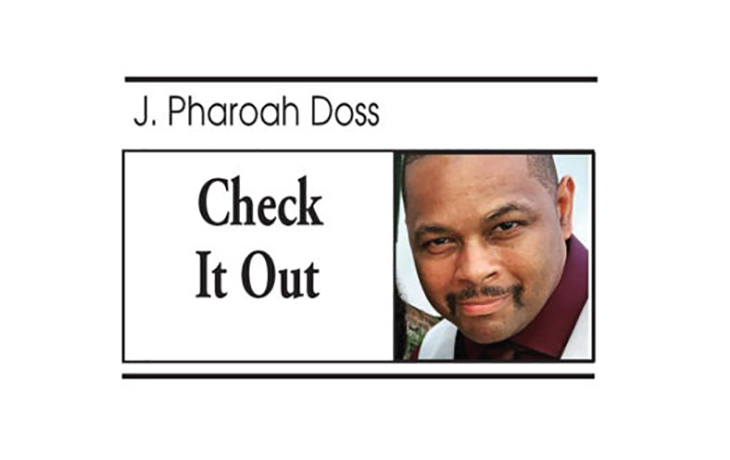Five years ago, The College Fix reported “11 times campus speakers were shouted down by leftist protesters” between 2017 and 2018. Ever since pundits debated whether cancel culture actually existed. Ernest Owens, a journalist, attempted to settle the dispute in his 2023 book, The Case for Cancel Culture: How This Democratic Tool Works to Liberate Us All. Owens not only confirmed the existence of cancel culture, but also declared its necessity. He described cancel culture as when a person cancels a person, location, or object that they believe is detrimental to their way of life.
No matter how cleverly Owens explained cancel culture, the fact remains that the majority of student disruptions are caused by personal dislike for the speaker rather than serious disagreement.
It is the personal factor that distinguishes a cancel culture battle from a culture war casualty.
For instance, in 2013, Brown University invited NYPD Police Commissioner Raymond Kelly to participate in a lecture series. A group of students felt Brown University should not be used to legitimize the police commissioner’s racial policy of “stop and frisk.” The students organized a petition, garnered 300 signatures, and brought it to the administration in order to have the lecture canceled.
The university did not give in to student demands.
The administration opted to extend the lecture’s question-and-answer period so that students could directly address Kelly about “stop and frisk.”
Glenn Loury, a Brown University professor, attended the event in order to debate Kelly about the discriminatory nature of “stop and frisk” after the lecture. Unfortunately, Loury was never given the opportunity. The students disrupted Kelly’s presentation, preventing him from speaking. The administration was forced to empty the room and cancel the event.

The term “cancel culture” didn’t exist in 2013, but culture war did. In culture wars, both sides think they have a monopoly on truth while their opponents should be silenced.
Brown University President Christina H. Paxon described the commotion as a “sad day for the Brown community.” Professor Loury, on the other hand, thought the episode had ramifications outside the Brown community. If the most significant topics of the day cannot be addressed at the university, then the first casualty of the culture war is the free interchange of ideas in the search for truth.
Professor Loury’s concern was dismissed.
Nobody believed that chaos at an Ivy League school mirrored the rest of the culture. Three years later, the Oxford Dictionary named “post-truth” its international word of the year. Post-truth was defined as when emotional and personal beliefs have a greater influence on public opinion than objective facts.
Last month, the University of Pittsburgh had an incident similar to the one at Brown.
The Pitt College Republicans, a student organization, attempted to hold a discussion between conservative commentator Michael Knowles and trans activist and University of Illinois-Chicago Professor Dierdre McCloskey. The event was billed as “Who Decides? “A Discussion of Transgenderism and Womanhood.”
Earlier this year, Knowles claimed at the CPAC conference that transgenderism should be eradicated from public life, ensuring that his every subsequent public appearance would be protested. Leaders of Pittsburgh’s trans community spoke out against the event. According to one trans leader, hatemongers like Knowles utilize hate speech to social climb, but the trans community suffers as a result.
Similar to the Brown event, students organized a petition, garnered 5,000 signatures, and asked the university to cancel the event. According to the university, student organizations are permitted to invite outside speakers if they follow university guidelines, and the use of Pitt property by a student organization does not imply institutional support for the speaker’s expressed position.
When the event arrived, Professor McCloskey withdrew. McCloskey had never heard of Knowles before, but after researching Knowles’ beliefs, McCloskey decided not to participate. She didn’t want to provide a platform for Knowles’ message.
The event went forward with a few changes.
Knowles debated a libertarian journalist about whether transgenderism should be regulated by law. Over 250 people demonstrated outside the event. After a smoke bomb exploded, the university closed buildings and declared a public safety emergency. A corpse dummy with Knowles’ image attached was also torched in the street.
The protesters believed Knowles needed to be canceled for hate speech.
However, Professor McCloskey saw the incident through the lens of the culture war. McCloskey said she was dismayed by the anti-free-speech petition against allowing Knowles to speak. “Both are wrong,” she said, “the hatemongering by Mr. Knowles and the speech-suppressing by signatories of the petition. The result would not be a rational debate but a fascist rally, from both sides.”
Like Brown a decade prior, a free exchange of ideas in search for truth didn’t take place, but is that still possible in the post-truth era?